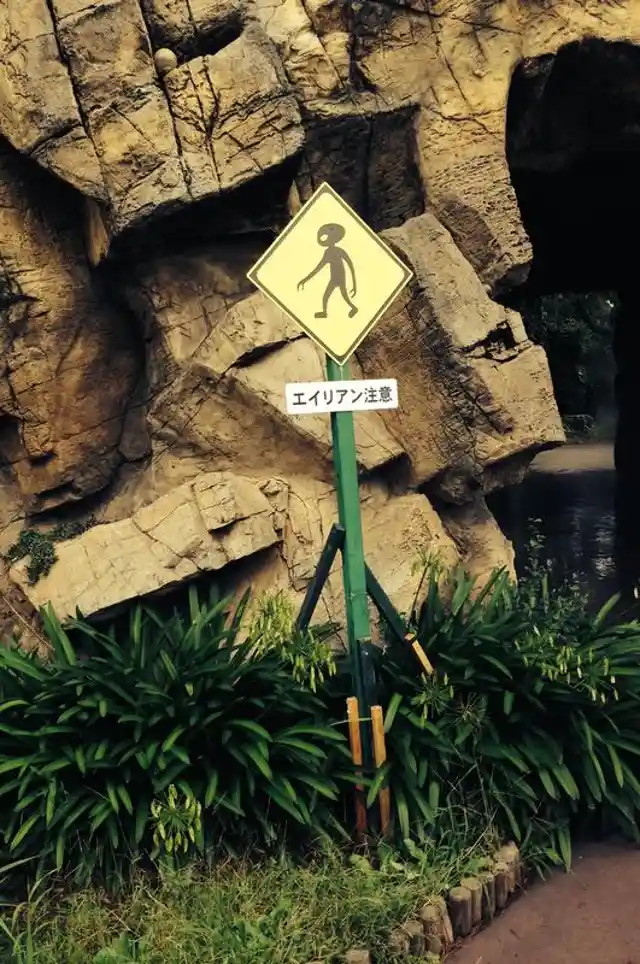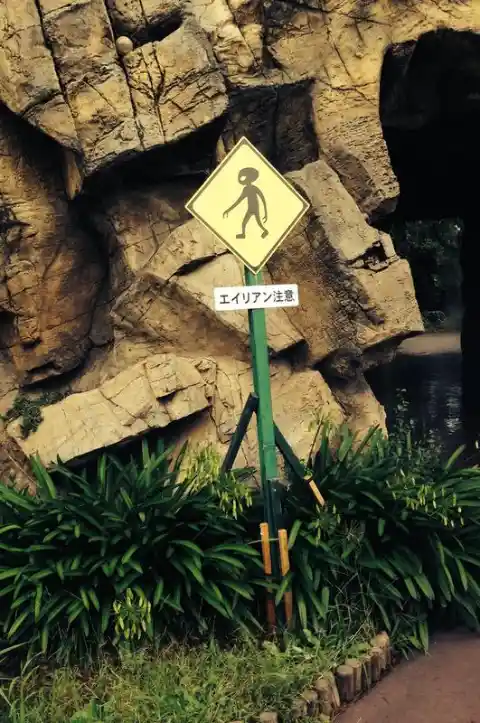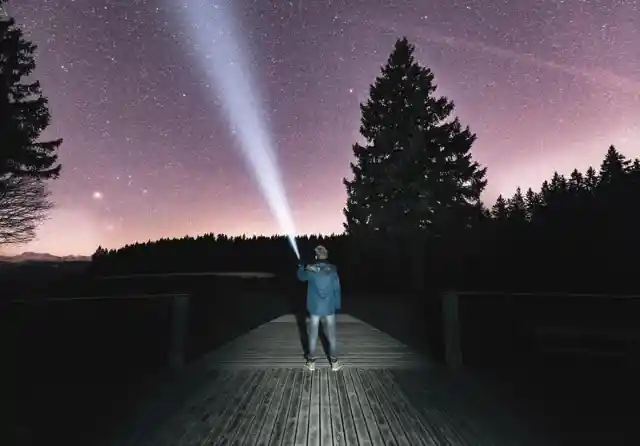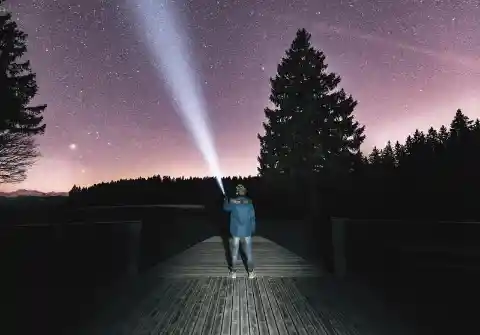For many humans, the idea of finding alien life is both exciting and terrifying. If science fiction has taught us anything, it’s that any other species out there is rarely likely to be friendly to us. And when you throw in the way that humans tend to react to things they do not understand, we could cause ourselves a fair few headaches down the line!


However, a project being carried out by Harvard University, the Galileo Project, aims to find proof of alien life in the stars. That is exciting, yes, but it also will help us to understand closer whether or not we truly are alone out here. With the help of the technology hopefully left behind by an alien race, what could we learn about them and their culture?
This project is garnering a lot of interest at the moment. Co-founder of the project Avi Loeb is working alongside Bruker Corporation CEO Frank Laukkien. They have worked together to make this project come to life, and the aim is to prove that humans can no longer ignore the possibility of alien life being out there.
The project, hopefully, will give us both insight and information about the various alien species that might exist out there in the world today. The hope is that, eventually, we can learn more about these alien species and perhaps one day even make contact.


How will the search be carried out by the Galileo Project?
Interestingly, this is not going to be sending out signals – it will be looking for objects, not life. They will not be looking for electromagnetic signals. Instead, the signals which are searched for will be something to do with technosignatures. This is a departure from similar projects in the past, and the hope is that we can more easily find these signatures as opposed to electromagnetic ones.
By creating all of the data and analysis themselves, they will be using their sensors to ensure that data is not classified as it would be if this were a Government-backed operation. A range of new telescopes will be developed that come with built-in cameras. These can be used to help look in the direction of a potential object. By using bespoke computer systems that will create specific filters to get rid of potentially conflicting noise, the hope is that this project could give us more information and insight into alien technology than we have ever had before.